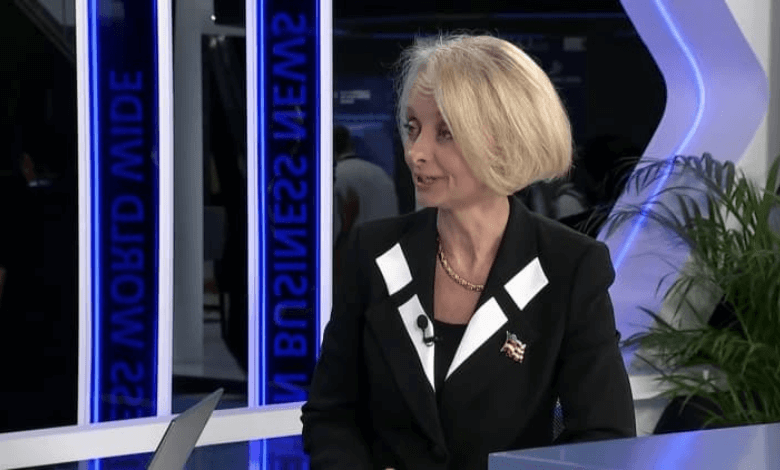Recently, Martina Strong, the U.S. Ambassador to the United Arab Emirates, emphasized during her interview with CNBC that the United States still holds the key position when it comes to shaping foreign policy in the Middle East. It is about one year that president Joe Biden gave a warning ‘of consequences’ when he criticized the action taken by the head of the Organization of Petroleum Exporting Countries (OPEC). This however went against the wishes of USA.
Biden threatens ‘consequences’ for Saudi Arabia after OPEC cut in 2022:
After the October 6 OPEC meeting, in which Saudi Arabia convinced member countries to cut oil production by 2 million barrels per day, the tension between the US and Saudi Arabia came to light. Initially, U.S. officials expressed concern that inflating gas prices would result from such an intervention but the anticipation proved unwarranted as there was no increase in gas prices.
Strategic U.S. Response:
Ironically enough, Biden’s team have demonstrated remarkable restraint in their response to the latest OPEC+ cutback in production that caused crude oil approaching 100 dollars per a barrel. This calculated reaction is, however, part of a wide range of diplomatic manoeuvres by the United States, as it tries to tread carefully amidst conflicts that take place in the middle east. It includes encouraging the acceptance of the existence of a relation that already exists between Israel and Saudi Arabia, as well as combating the advancing effect of China in the region.
Saudi Arabia’s Diplomatic Shift:
Saudi Arabia, after warming up to Iran, is said to have diplomatically courted China and Russia, after being invited into the BRICS club of developing nations.
When Murphy Dan at CNBC questioned if the U.S has still been a paramount player in the country’s foreign policy strategy, Ambassador Strong was categorical and said that “absolutely. I have zero doubt in this regard”.
Strengthening Partnership between US-UAE and other regions:
She maintained, that USA, United Arab Emirates, and others in regional have close collaboration with matters concerning national security and economics. According to her, President Biden’s foreign policy was based on four Cs comprising of diplomacy, deterrence, de-escalation, and prosperity.
ALSO READ: Here’s What You Can Expect at KCON Saudi Arabia 2023: Lineup, Dates, More
Therefore, Strong reiterated that how a certain turn in relations between them and UAE, which took place approximately five years earlier and resulted in harmonious relations between them. She also emphasized that strategic alliance could be made with other tactics.






















